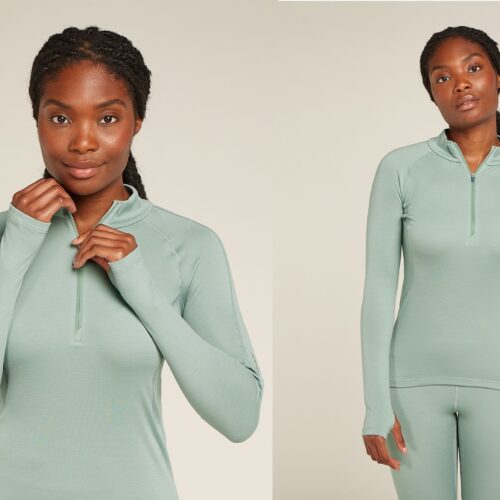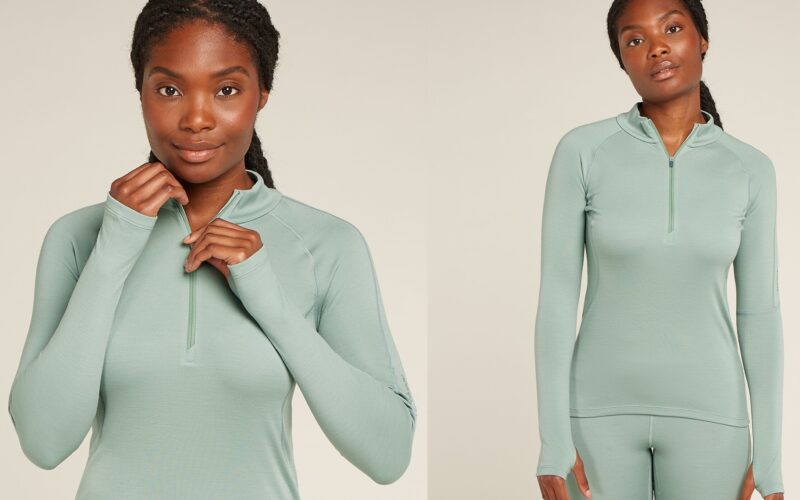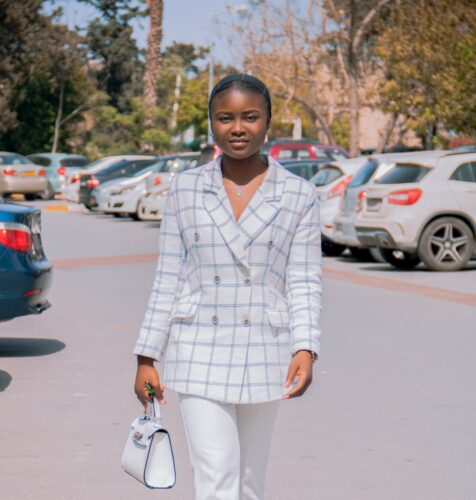With cooler weather approaching, many germs tend to accompany it. Bacteria spread quickly from person to person, especially through clothes. Once a fabric becomes contaminated, it becomes a source of transmission.
Some textiles are antimicrobial, and others are not. Antimicrobial fabrics contain substances that kill, slow or stop bacteria from growing. For instance, fabrics that promote moisture from sweating, such as synthetic fabrics, can lead to a buildup of bacteria and unpleasant odors. Plus, most clothes during the fall/winter are washed less frequently and have reduced exposure to sunlight. So, it is crucial to use antimicrobial fabrics to avoid microbe growth and odor buildup in colder weather.
Below is a list of some antimicrobial fabrics that can be beneficial for clothing during cold seasons:
Merino Wool
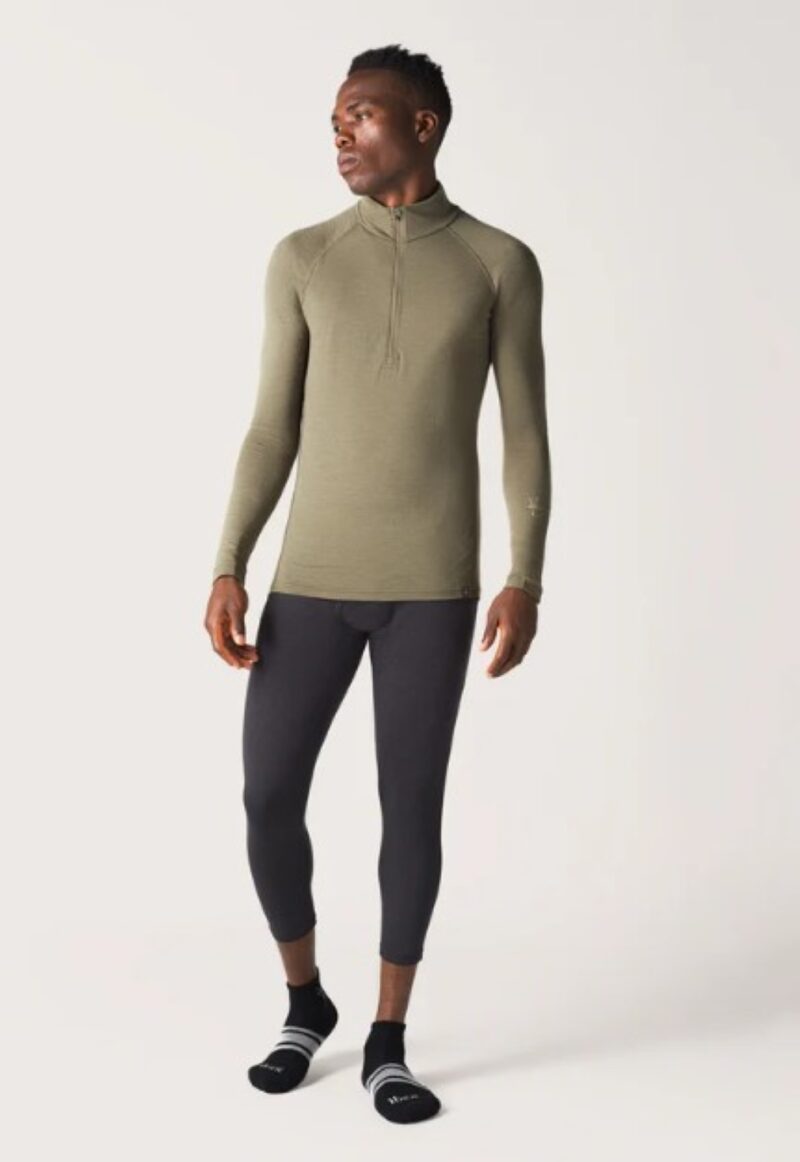
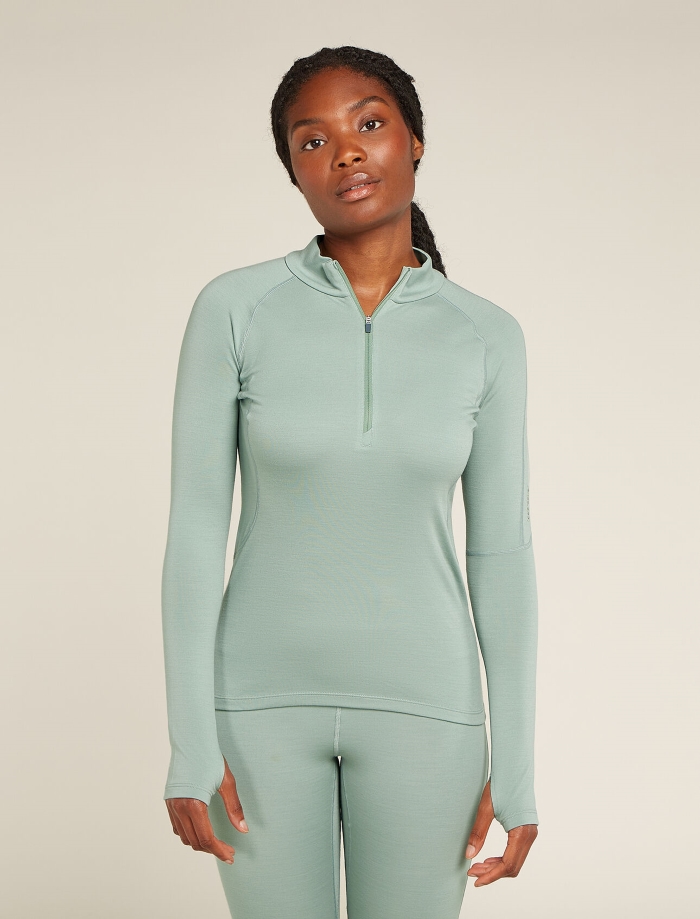
Merino wool is a natural antimicrobial material that is bacteria-resistant. The hypoallergenic fabric is covered in lanolin, an oil with antifungal and antibacterial properties. Due to its sweat-prevention properties, merino wool clothing allows for breathability and warmth while resisting odors. Brands that sell merino wool clothing include Icebreaker, Ridge Merino, REI, Ibex, Minus33, and more.
Bamboo
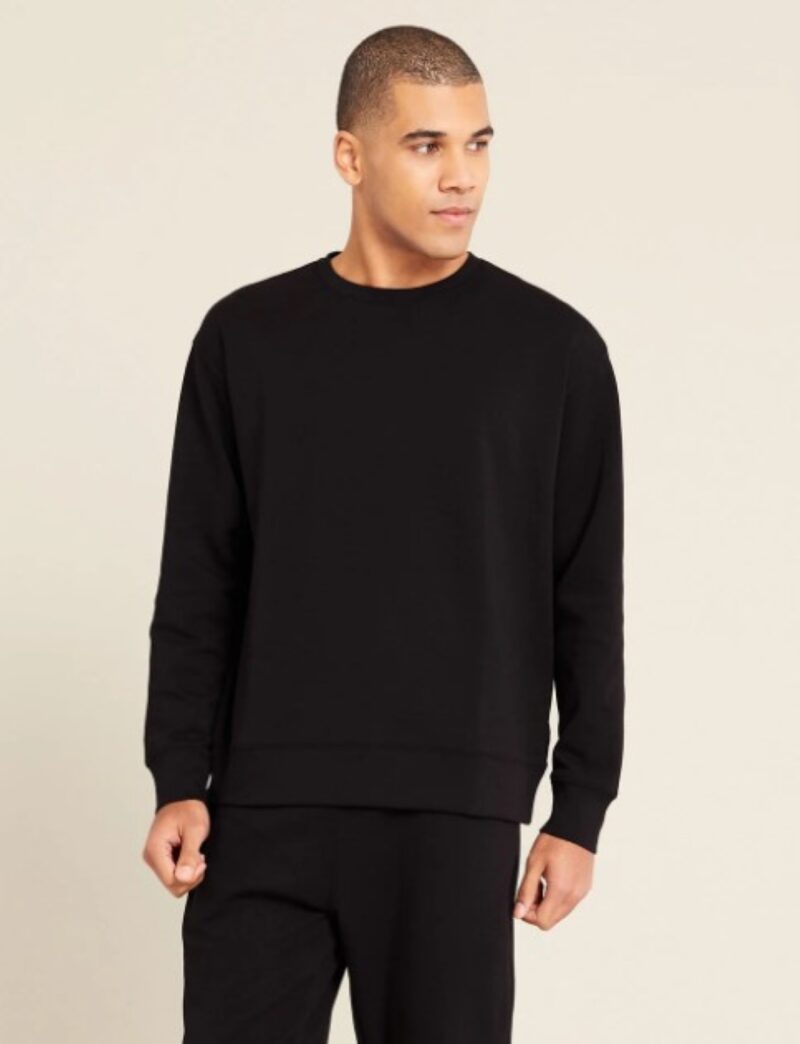
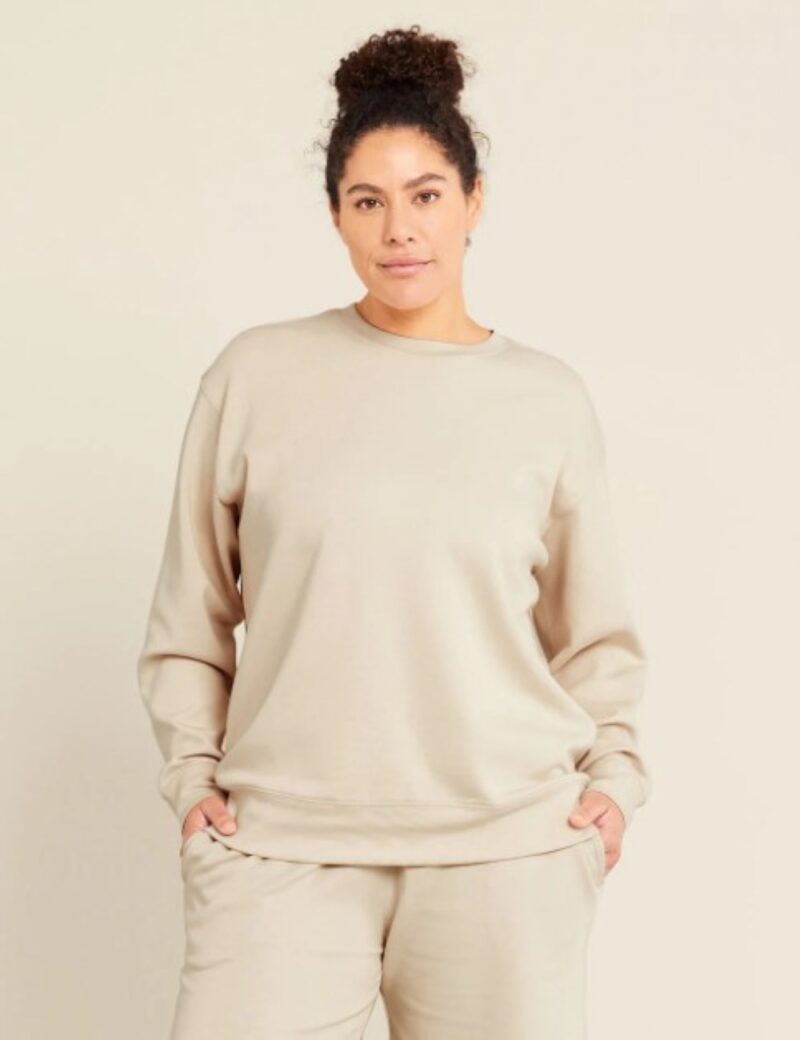
Since bamboo has a notable barrier against bacteria, its fabric has antimicrobial antibacterial properties. The material repels moisture and bugs for quality clothing and bed sheets. A sustainable choice in clothing, bamboo is great for cold weather with its warm and soft qualities. Bamboo clothing brands include Sivana, Spun Bamboo Clothing, Boody, and Cariloha.
Cashmere
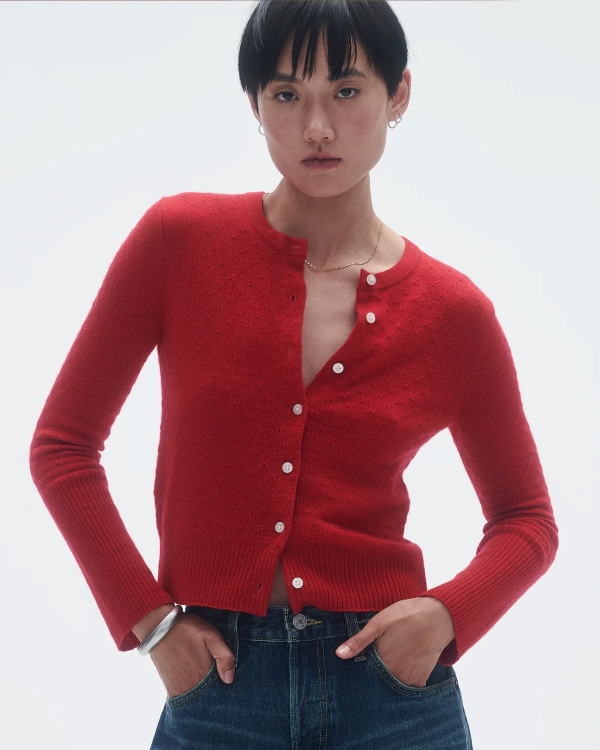
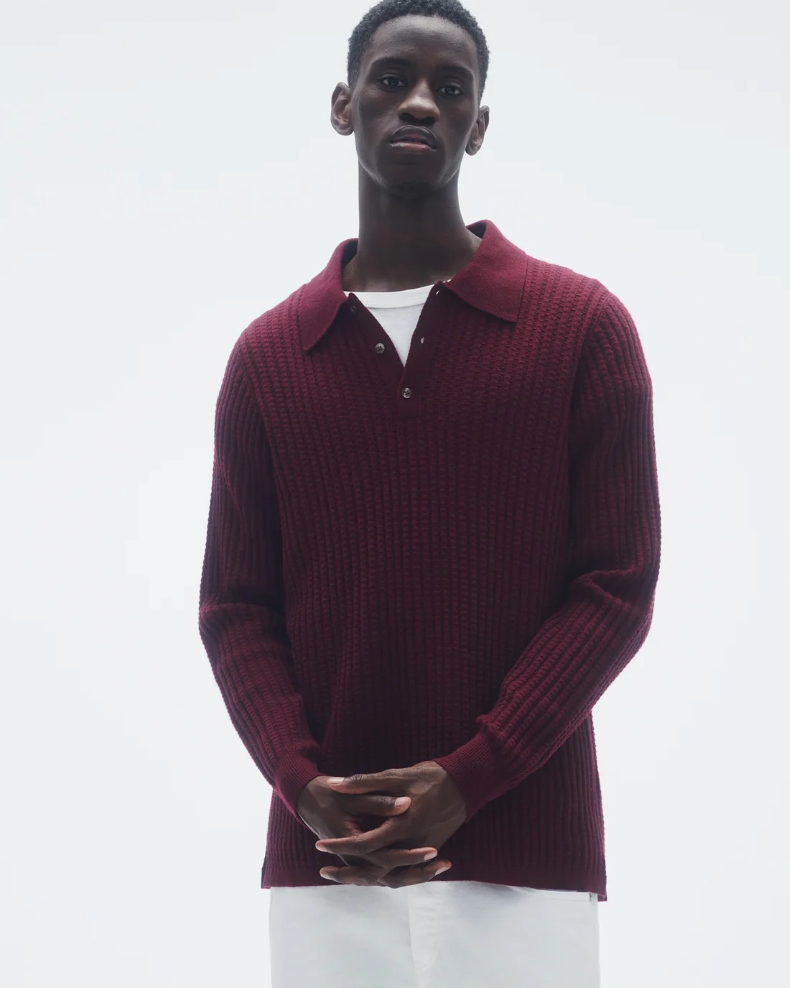
Along with wool, cashmere is naturally antimicrobial and prevents bacteria buildup. Its soft fibers allow breathability and sweat management, reducing bacteria growth and odors. With good insulation, cashmere is a perfect fabric to keep one warm and comfortable during cool seasons. Cashmere brands include Allude, extreme cashmere, Gobi, Naadam, and Gigi Hadid‘s Guest in Residence.
Hemp
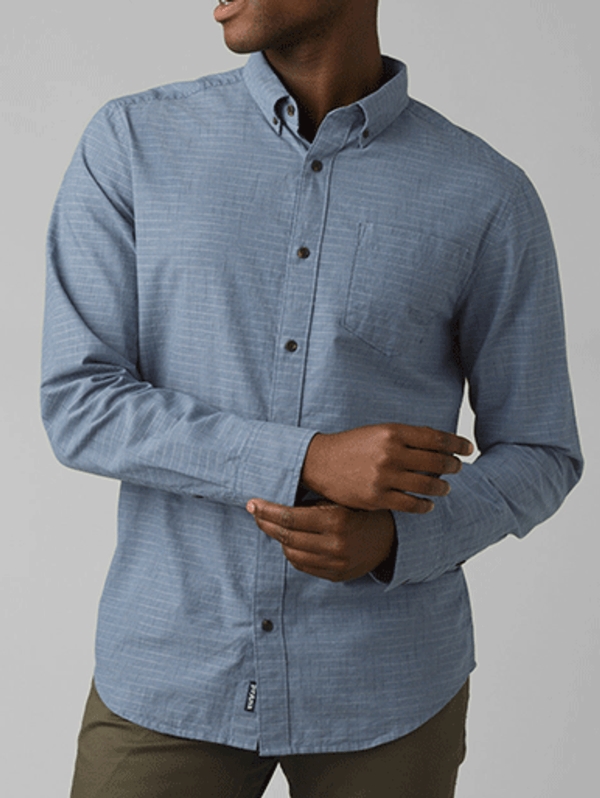
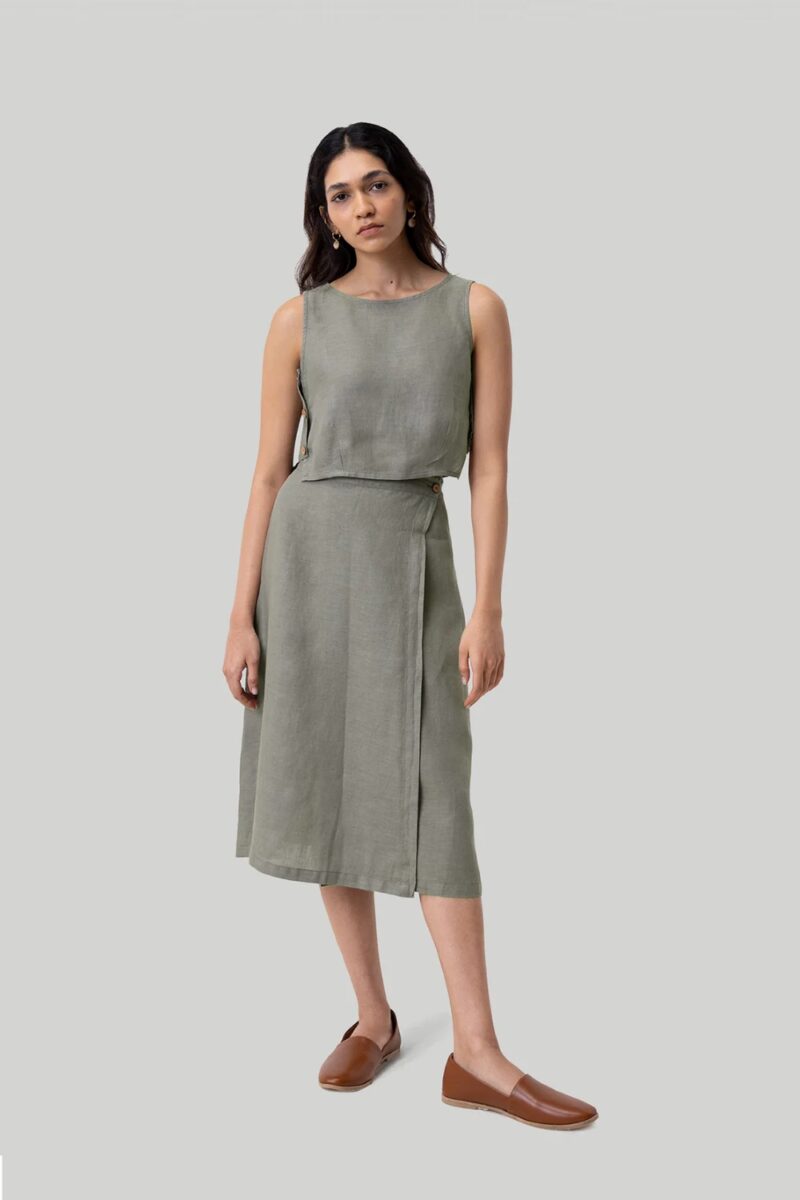
Not only is hemp fabric antibacterial, but it has many other benefits. The complexities of the fiber give it durable and hypoallergenic properties, which are suitable for sensitive skin. In addition, several studies have shown that hemp fabric is effective against bacterial infections such as E. Coli. Hemp fabric has many health benefits but is not as popular as other textiles due to its lack of color richness. Despite this, many brands use the sustainable material such as Reistor, Sweet Skins Hemp, Jungmaven, Patagonia, and The Hempest.
Linen
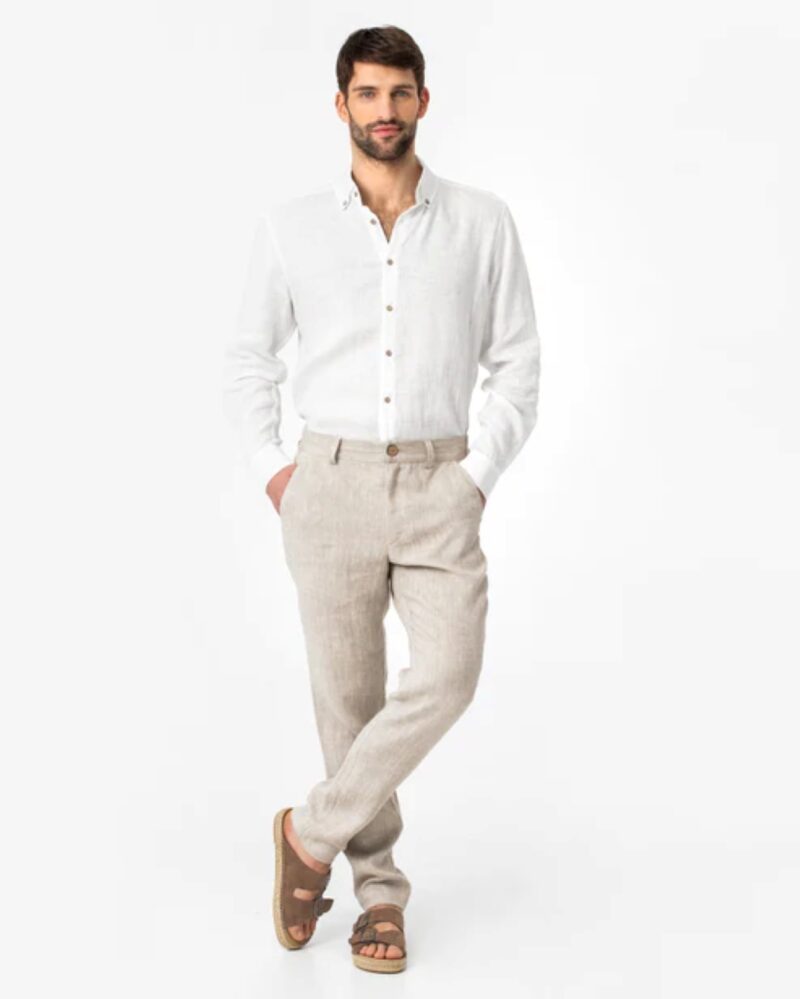
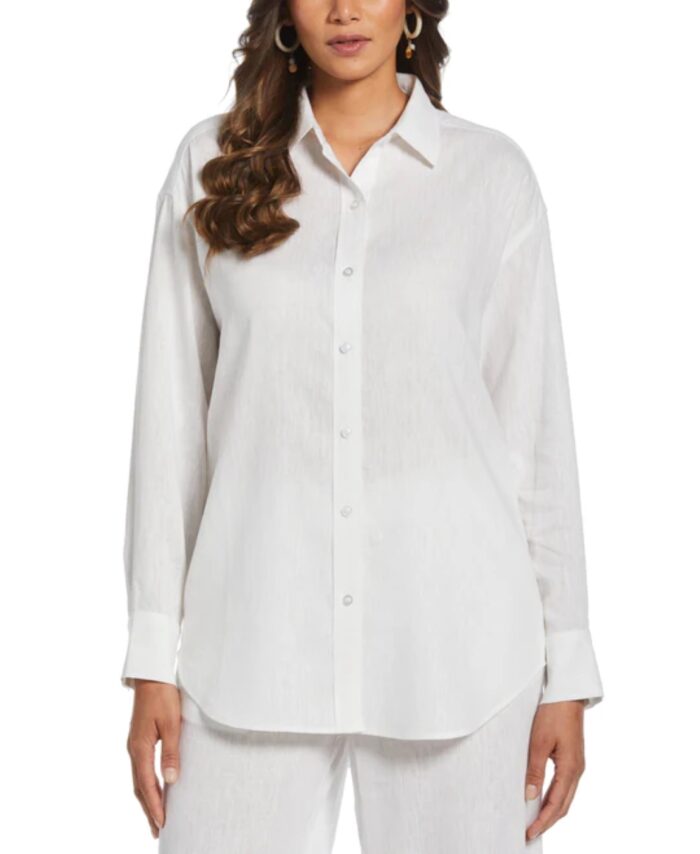
Shown to slow the growth of bacteria, linen’s antimicrobial properties allow it to resist dust mites and avoid causing allergic reactions. Linen reduces odor and promotes airflow due to its ability to absorb and dry moisture. Although this material wrinkles easily, it is a good insulator and can be used for layering in cold weather. Some sustainable linen brands are Whimsy & Row, Cubavera, MagicLinen, Linenfox, AmourLinen, and Son de Flor.
Investing in good-quality clothes for the cold seasons is important, especially if they can improve your health and comfort. I learned a lot about bacteria-resistant fabrics and clothing; hopefully, you did, too!
XOXO,
Your Fashion Bestie

